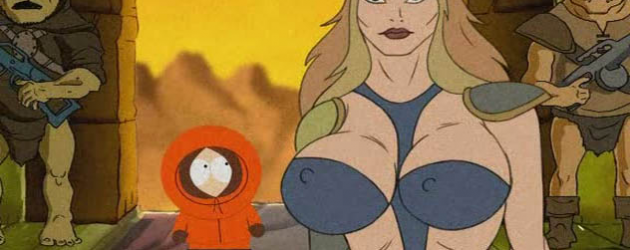At Samizdata, Brian Micklethwait looks at the likely short-term impact of driverless vehicles:
Robot passenger cars will eventually bring huge benefits. They will be epoch making, when the robot car epoch does finally arrive. I truly believe this. But in the shorter run, the problems of robot cars strike me as bigger than all the car and hi-tech companies are implying, and the benefits less immediate. Robot cars will presumably be good at finding their own parking spaces, and at making themselves useful to others if you aren’t using yours. Robot cars will presumably be less prone to error than humans, except when that turns out not to be the case. But what of those potholes?
In the meantime, making lorry (as we Brits call “trucks”) transport only somewhat more efficient will yield huge, very quantifiable, and fairly immediate benefits. Even if all they do to start with is robotise lorries on motorways, that would surely make a huge difference.
The motorway is the natural habitat of the big lorry, and is a place of far greater predictability than roads in general and hence more congenial for robots, especially robots in their early stages. Motorways are already highly controlled places, and are surely the right part of the road system to start introducing robots, not country lanes or city streets filled with complicated and unpredictable hazards.
Human lorry-drivers get tired, but robots don’t. A robot lorry could cross a continent with all the dogged, error-free serenity of a jumbo jet on autopilot crossing the same continent in the air.
At first, humans would need to sit in the lorries to check on their progress all the time, but pretty soon the human could be taking a nap and it wouldn’t matter. Not long after that, once everything has been shown to work, humans would not be needed to sit in lorries on motorways at all. Soon, all that the humans would need to do is collect the lorries (perhaps just the load bit) from their local off-motorway lorry parks, to which the robot lorries had driven themselves. Upon that solid technological foundation, lorries further into the future could then start travelling much faster. (I seem to recall a plan to concrete over railways and turn them into roads. Maybe that notion will be revived.) They could also make their way into the road system generally. The economic impact will surely be colossal, and more immediate than is the case for robot cars.

 Stadium staff in Tampa Bay should have been getting ready to refund the ticket prices for those poor souls who had to sit through the first three quarters of the game yesterday between the Minnesota Vikings and the Buccaneers. There were a few good plays, but for the most part calling the “action” pedestrian would have been a generous way to describe it. That all changed in the fourth quarter, as the somnolent Bucs suddenly discovered both a running game and that the forward pass was still legal in the NFL.
Stadium staff in Tampa Bay should have been getting ready to refund the ticket prices for those poor souls who had to sit through the first three quarters of the game yesterday between the Minnesota Vikings and the Buccaneers. There were a few good plays, but for the most part calling the “action” pedestrian would have been a generous way to describe it. That all changed in the fourth quarter, as the somnolent Bucs suddenly discovered both a running game and that the forward pass was still legal in the NFL.


